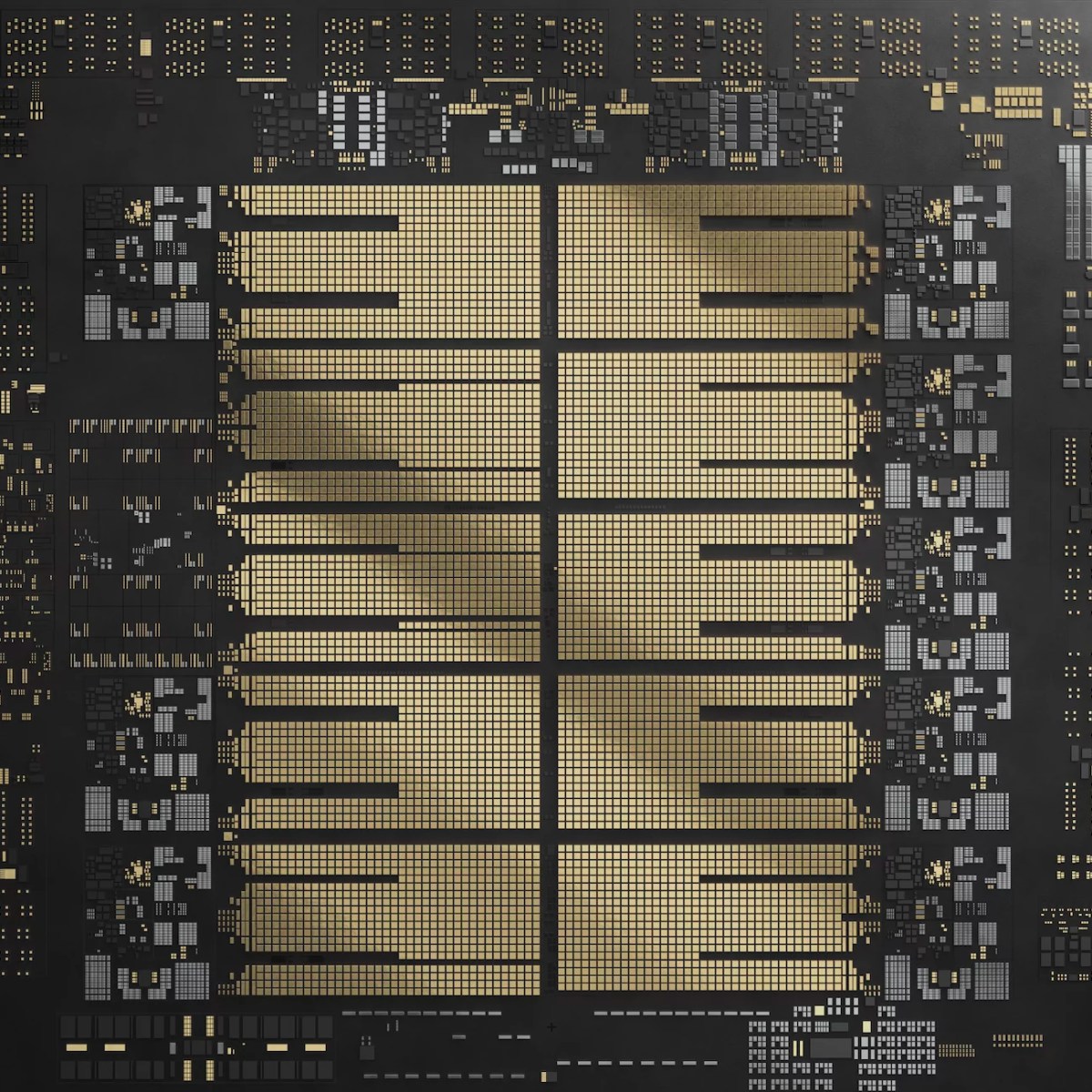saw this kicking around on the lobsters frontpage
IBM also includes a DPU for accelerating IO, along with an on-board AI accelerator
ah yes. an AI accelerator. for a chip that goes into a system that’ll quite possibly have a lifespan measured in decade-partials. in environments so extremely up to date with the bleeding edge of technology that they are absolutely not losing their programmers to retirement. an AI acceleator for that. makes total sense.
imagine being the poor engineers who had to spec that out, design it, and get it actually existing. nevermind even the awe-inspiringly stunning disregard to reality that it takes for some management fuckhead(s) to have “steered” this
Funny enough, I asked why IBM had different terminology compared to the rest of the industry. They said IBM came up with the terminology first, and later on the industry adopted different terminology. It was all lighthearted and funny.
ah yes! funny! haha. not at all some weird insular shit from the same company that runs a worlds-apart platform with a control grip so strong it makes larry ellison check if they’re infringing on anything actionable…



the press release (archive) says:
if I’m reading this correctly, it’s on-die in the telum ii, but was a separate thing (like co-processor or architecture add-in card or something) previously?
the usecase sooooort of makes sense but I’m still skeptical about part of it because this seems awfully like it’d be potentially limited by changes over time in how one might do such tasks (e.g. if a new preferred inferencing method comes out that doesn’t quite fit the chip pattern). but also “our AI-driven fraud detection solutions” - ah.
guess it’ll be interesting to see how this shit sits in 10y or something.